Men are distinguished from women by their commitment to do violence rather than to be victimized by it
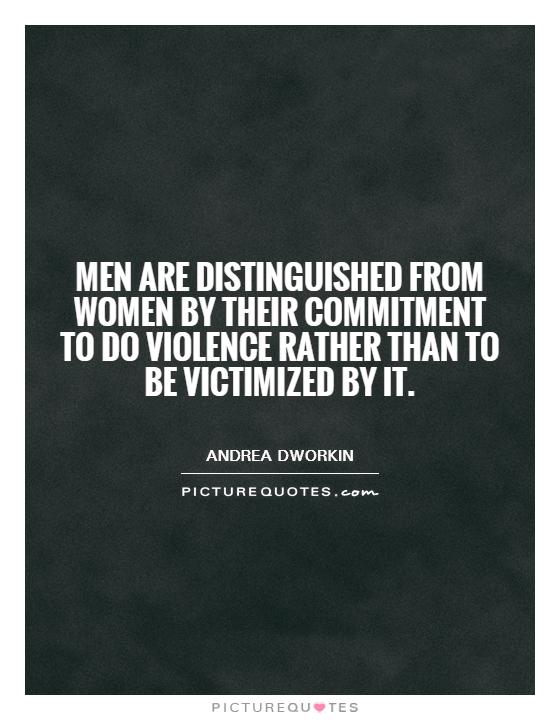
Men are distinguished from women by their commitment to do violence rather than to be victimized by it
Andrea Dworkin was a prominent feminist and writer known for her radical views on gender, sexuality, and violence against women. In her work, she often explored the ways in which men and women are socialized to behave differently in relation to violence. One of her most famous quotes is, “Men are distinguished from women by their commitment to do violence rather than to be victimized by it.”Dworkin believed that men are socialized from a young age to be aggressive and dominant, while women are taught to be passive and submissive. This socialization, she argued, leads to a culture in which men are more likely to resort to violence as a means of asserting power and control. In contrast, women are more likely to be victimized by violence, both in the form of physical abuse and sexual assault.
Dworkin’s assertion that men are committed to do violence rather than be victimized by it speaks to the power dynamics that exist between men and women in society. Men are often taught that violence is a legitimate means of resolving conflicts and asserting dominance, while women are taught to be passive and accommodating. This unequal distribution of power can lead to situations in which women are victimized by men who use violence as a tool of control.
Dworkin’s work has been controversial, with some critics accusing her of essentializing gender and perpetuating harmful stereotypes. However, her analysis of the ways in which gender shapes our experiences of violence remains relevant today. In a world where gender-based violence continues to be a pervasive problem, Dworkin’s insights into the ways in which men and women are socialized to behave differently in relation to violence can help us understand and address the root causes of this violence.
Overall, Dworkin’s assertion that men are committed to do violence rather than be victimized by it challenges us to rethink our assumptions about gender, power, and violence. By recognizing and addressing the ways in which gender shapes our experiences of violence, we can work towards creating a more just and equitable society for all.
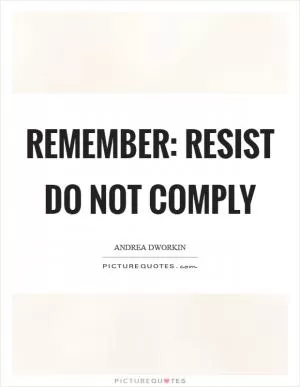
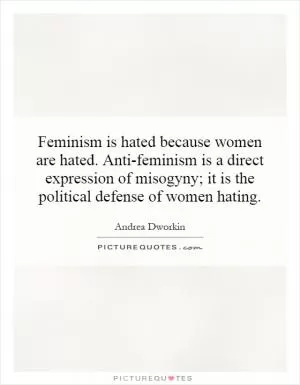
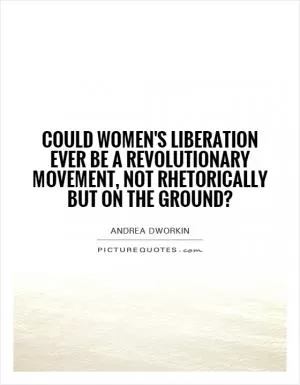
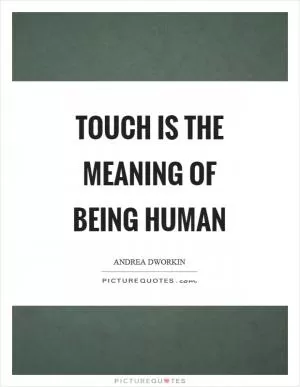


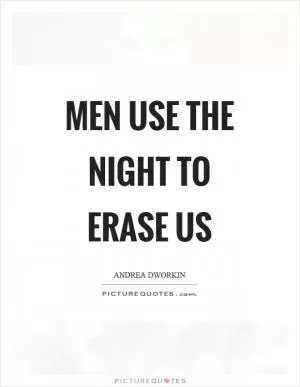

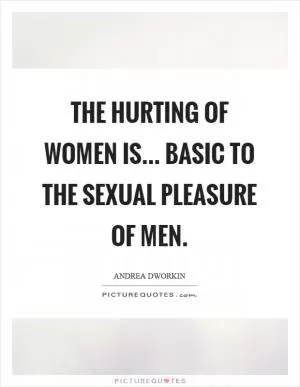

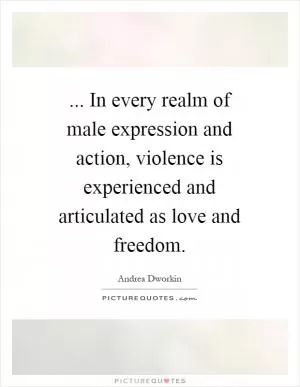
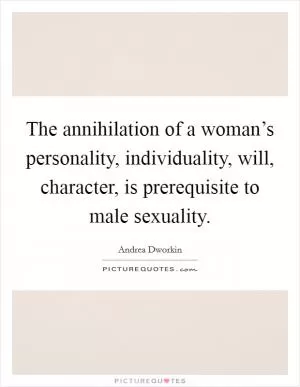
 Friendship Quotes
Friendship Quotes Love Quotes
Love Quotes Life Quotes
Life Quotes Funny Quotes
Funny Quotes Motivational Quotes
Motivational Quotes Inspirational Quotes
Inspirational Quotes